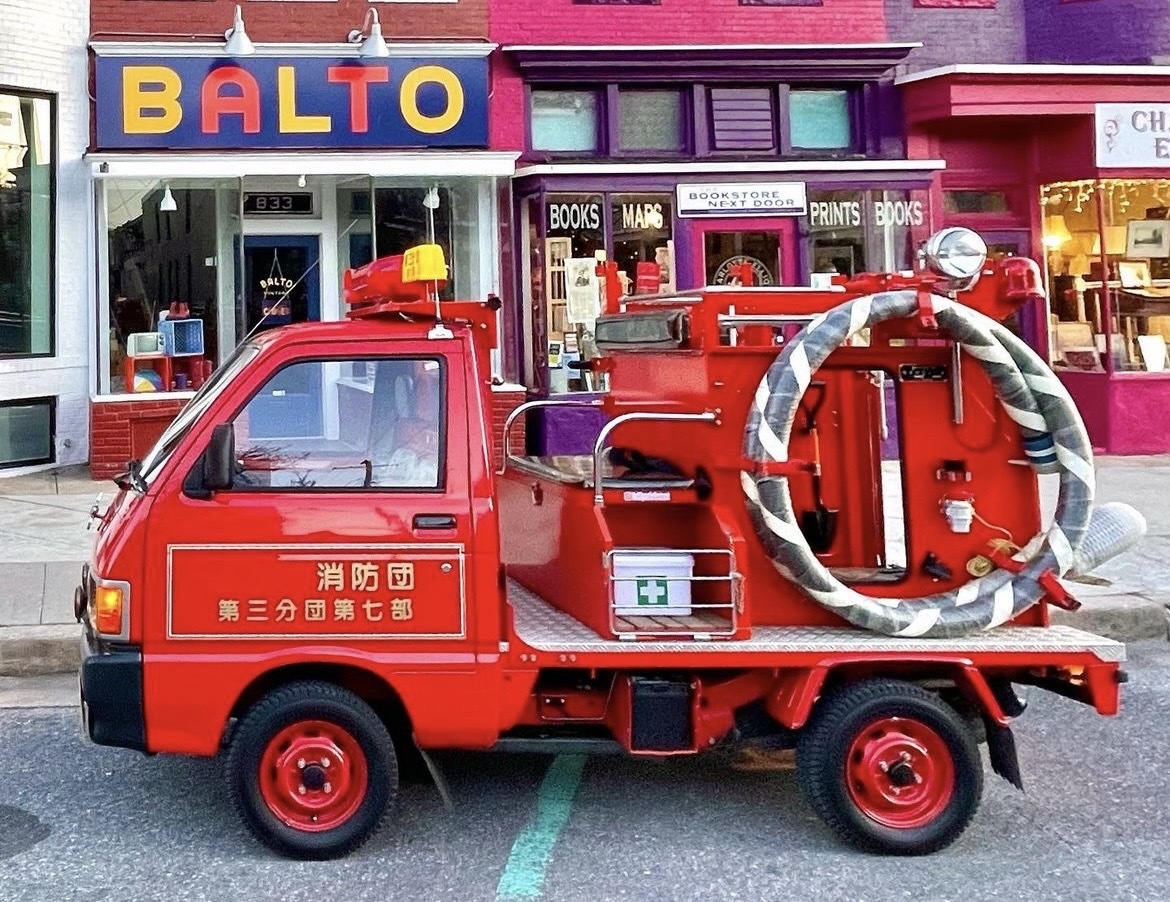Enhancing Efficiency and Versatility A Comprehensive Guide to Work Truck Trailer Hitches

Introduction:
Work truck trailer hitches are essential components for enhancing the efficiency and versatility of commercial vehicles. Whether it's transporting construction materials, hauling heavy machinery, or delivering goods, work truck trailer hitches play a crucial role in safely and securely connecting trailers to trucks. In this article, we will explore the various types of work truck trailer hitches, their features, benefits, and factors to consider when choosing the right hitch for your specific needs.
1. Understanding Work Truck Trailer Hitches:
1.1 Definition and Function:
Work truck trailer hitches are mechanical devices designed to connect a trailer to a truck. They facilitate safe and secure transportation by distributing the weight of the trailer and its contents evenly between the truck and trailer axles. By connecting the two vehicles, work truck trailer hitches allow for efficient towing and maneuverability.
1.2 Types of Work Truck Trailer Hitches:
There are several types of work truck trailer hitches available, each with its own features and benefits. The most common types include:
- Receiver Hitch: These hitches are the most versatile and widely used. They consist of a receiver tube mounted to the rear of the truck, into which a hitch ball mount or other hitch accessories can be inserted.
- Gooseneck Hitch: These hitches have a ball hitch mounted in the bed of the truck, providing increased stability and weight-carrying capacity for heavier loads.
- Fifth Wheel Hitch: Designed for heavy-duty towing, fifth wheel hitches use a kingpin connection mounted in the bed of the truck, providing greater stability and weight distribution.
2. Key Features and Benefits of Work Truck Trailer Hitches:
2.1 Weight Capacity:
One of the most critical factors to consider when selecting a work truck trailer hitch is its weight capacity. The weight capacity determines the maximum load that the hitch can safely carry. It is essential to choose a hitch that can handle the weight of the trailer and its contents to ensure safe and efficient towing operations.
2.2 Durability and Construction:
Work truck trailer hitches are subjected to heavy loads and harsh operating conditions. Therefore, choosing a hitch made from high-quality materials, such as steel or aluminum, is crucial for durability and longevity. Additionally, features like corrosion resistance and protective coatings can further enhance the hitch's lifespan.
2.3 Ease of Use and Versatility:
A user-friendly hitch design makes it easier to connect and disconnect trailers quickly, saving both time and effort. Look for hitches with features like adjustable heights, quick-release mechanisms, and easy-to-follow installation instructions. Versatile hitches that accommodate different trailer sizes and types add further convenience and flexibility to your work truck.
2.4 Safety Features:
Safety should be a top priority when selecting a work truck trailer hitch. Look for hitches with features like integrated sway control, anti-rattle devices, and locking mechanisms to minimize trailer movement and ensure a secure towing experience. Additionally, hitches with built-in safety chains and electrical connectors for trailer lights are essential for safe and legal operation.
3. Factors to Consider when Choosing a Work Truck Trailer Hitch:
3.1 Towing Capacity:

Consider the maximum towing capacity of your truck and choose a hitch that can handle the weight of your intended trailer and its contents. Ensure that the hitch's weight capacity matches or exceeds the weight you plan to tow.
3.2 Trailer Type and Size:
Different trailers require specific hitch types. Consider the type and size of the trailers you will be towing to ensure compatibility with the hitch you choose. For example, gooseneck hitches are ideal for heavy-duty trailers, while receiver hitches are more versatile for various trailer types.
3.3 Truck Bed Configuration:
When selecting a hitch, consider the configuration of your truck bed. For instance, if you have a truck bed with a liner or toolbox, a gooseneck or fifth wheel hitch might be a more suitable option than a receiver hitch.
3.4 Budget:
Work truck trailer hitches come in various price ranges, depending on their features and quality. It is essential to establish a budget and choose a hitch that offers the desired features while staying within your financial constraints.
4. Proper Installation and Maintenance:
4.1 Professional Installation:
To ensure the safe and proper installation of your work truck trailer hitch, it is recommended to consult a professional installer. best vacuum for semi truck have the knowledge and expertise to correctly mount the hitch, ensuring optimal performance and safety.
4.2 Regular Maintenance:
Regular maintenance is crucial to keep your work truck trailer hitch in optimal condition. This includes inspecting for signs of wear and tear, lubricating moving parts, and ensuring all bolts and fasteners are tightened to the manufacturer's specifications. Regular maintenance not only extends the hitch's lifespan but also enhances safety during towing operations.
Conclusion:
Work truck trailer hitches are indispensable tools for enhancing the efficiency and versatility of commercial vehicles. By enabling safe and secure trailer connection, they facilitate the transportation of heavy loads, construction materials, and various goods. When selecting a work truck trailer hitch, consider factors such as weight capacity, durability, ease of use, and safety features. By making an informed decision and ensuring proper installation and maintenance, you can maximize the performance and longevity of your work truck trailer hitch, contributing to a more productive and efficient work environment.
